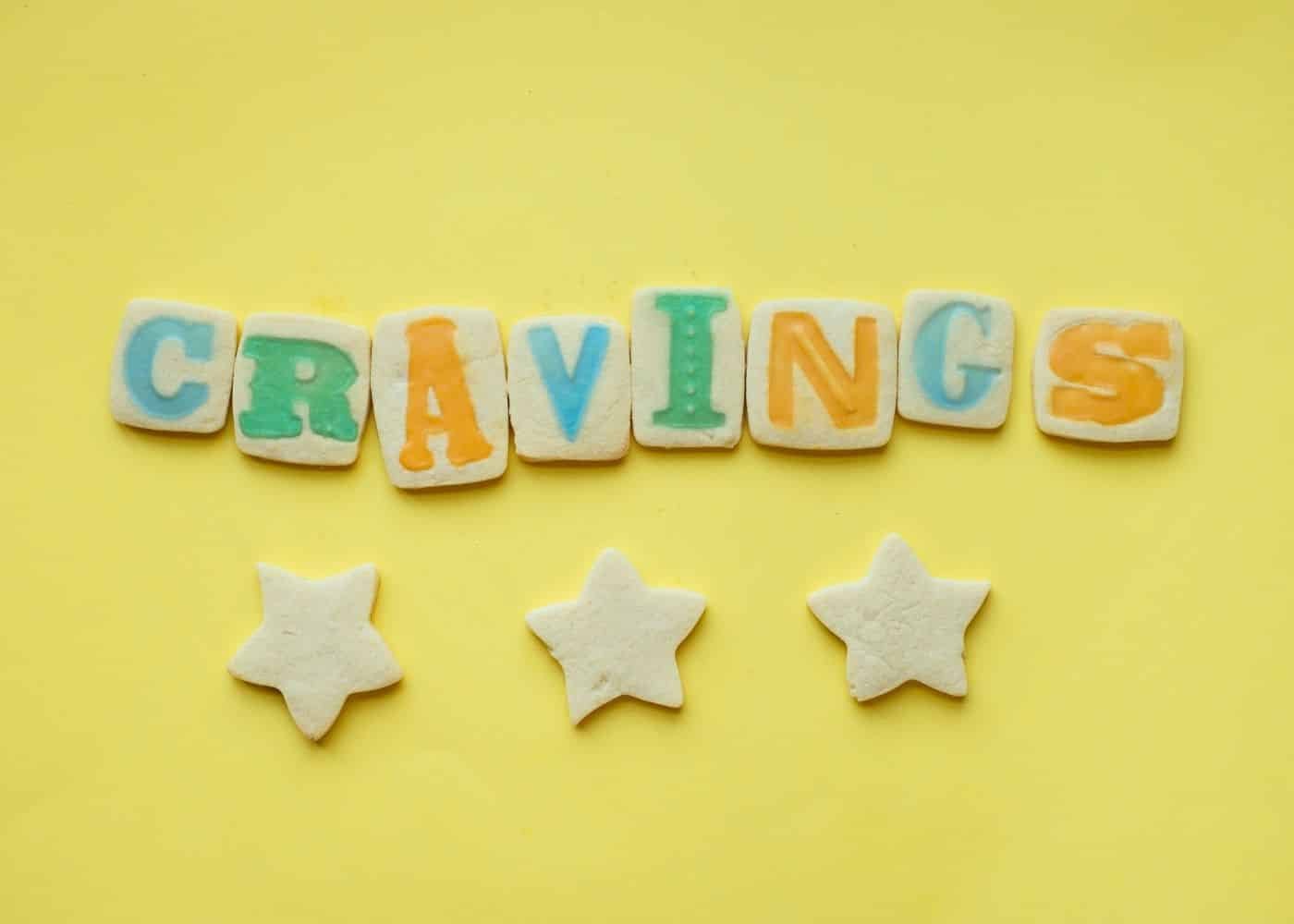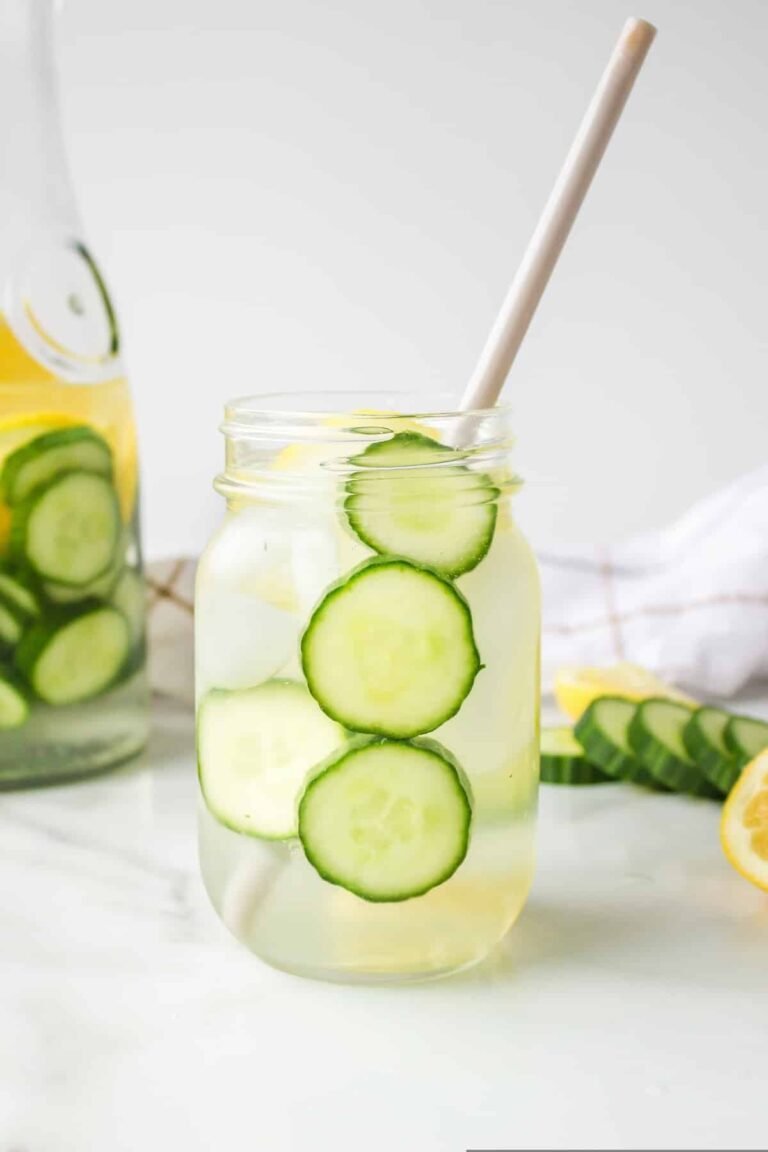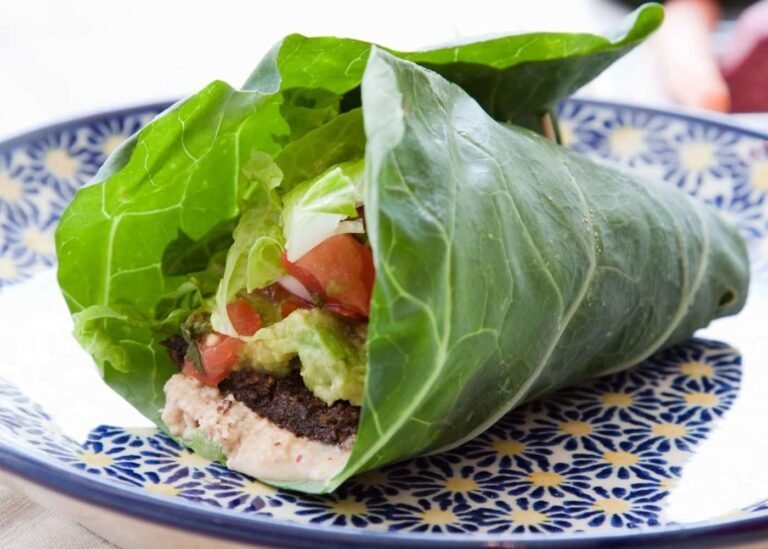10 Tips to Beat Sugar Addiction for Good
Sugar – it’s everywhere. From the obvious treats like ice cream to the sneakier sources like salad dressings and ketchup, added sugars pervade our diets. But did you know that excessive sugar consumption can lead to health issues like heart disease and obesity?
In this guide, we’ll delve into the world of sugar addiction, exploring why sugar is so hard to resist and how you can break free from its grip. Whether you’re experiencing intense cravings or struggling with moderation, these tips will help you take control of your sugar consumption and reclaim your health.
Understanding Sugar Addiction
Sugar addiction isn’t just about lacking willpower – it’s a complex interplay of biological and psychological factors. Consuming sugar triggers the brain’s reward system, leading to cravings and dependency similar to those seen with nicotine or caffeine. Symptoms of sugar addiction include intense cravings, loss of moderation control, and withdrawal symptoms when sugar intake is reduced.
Tips to Break Sugar Addiction
- Seek Professional Support: Consider working with a therapist or dietitian specializing in addiction or substance abuse to develop strategies for managing stress and breaking the cycle of sugar dependency.
- Try a Sugar Detox: Whether you opt for a gradual reduction or complete elimination of sugar from your diet, a sugar detox can help reset your taste buds and reduce cravings over time.
- Address Underlying Stressors: Identify and address stressors in your life that may be contributing to sugar cravings. Techniques like mindfulness and stress management can help reduce dependency on sugar as a coping mechanism.
- Consider Complete Avoidance: For some individuals, cutting out sugar entirely may be the most effective approach. Remove sugary foods from your home and focus on protein-rich foods and healthy fats to satisfy cravings.
- Be Kind to Yourself: Breaking a sugar addiction is a journey, and setbacks are a natural part of the process. Celebrate your progress and practice self-compassion along the way.
- Replace the Habit: Instead of turning to sugar for comfort or reward, find healthier alternatives like taking a walk or enjoying a cup of herbal tea.
- Ensure Micronutrient Sufficiency: Address nutritional deficiencies that may be contributing to sugar cravings by focusing on whole foods and considering supplementation under the guidance of a healthcare professional.
- Eat Enough Protein and Healthy Fats: Prioritize protein-rich breakfasts and snacks balanced with healthy fats to keep blood sugar levels stable and reduce cravings.
- Balance Carbohydrate Intake: Include complex carbohydrates like sweet potatoes and vegetables in your diet to provide sustained energy and minimize cravings for simple sugars.
- Prioritize Sleep: Aim for 7-9 hours of quality sleep per night to support balanced blood sugar levels and reduce junk food cravings.
Conclusion
Breaking free from sugar addiction is a journey that requires patience, self-awareness, and support. By implementing these tips and strategies, you can reduce cravings, improve your health, and regain control over your relationship with sugar.
FAQs
1: Can I still enjoy sweet foods occasionally if I’m trying to break a sugar addiction?
While occasional indulgences are okay, it’s important to be mindful of portion sizes and frequency to avoid triggering cravings and slipping back into old habits.
2: How long does it take to break a sugar addiction?
The duration of the process varies depending on individual factors such as the severity of addiction and adherence to dietary changes. Generally, it can take several weeks to several months to significantly reduce cravings and dependency on sugar.
3: Are artificial sweeteners a safe alternative to sugar?
While artificial sweeteners may provide a lower-calorie alternative to sugar, some research suggests they may still contribute to cravings and metabolic issues. It’s best to limit consumption of artificial sweeteners and focus on whole, minimally processed foods.






